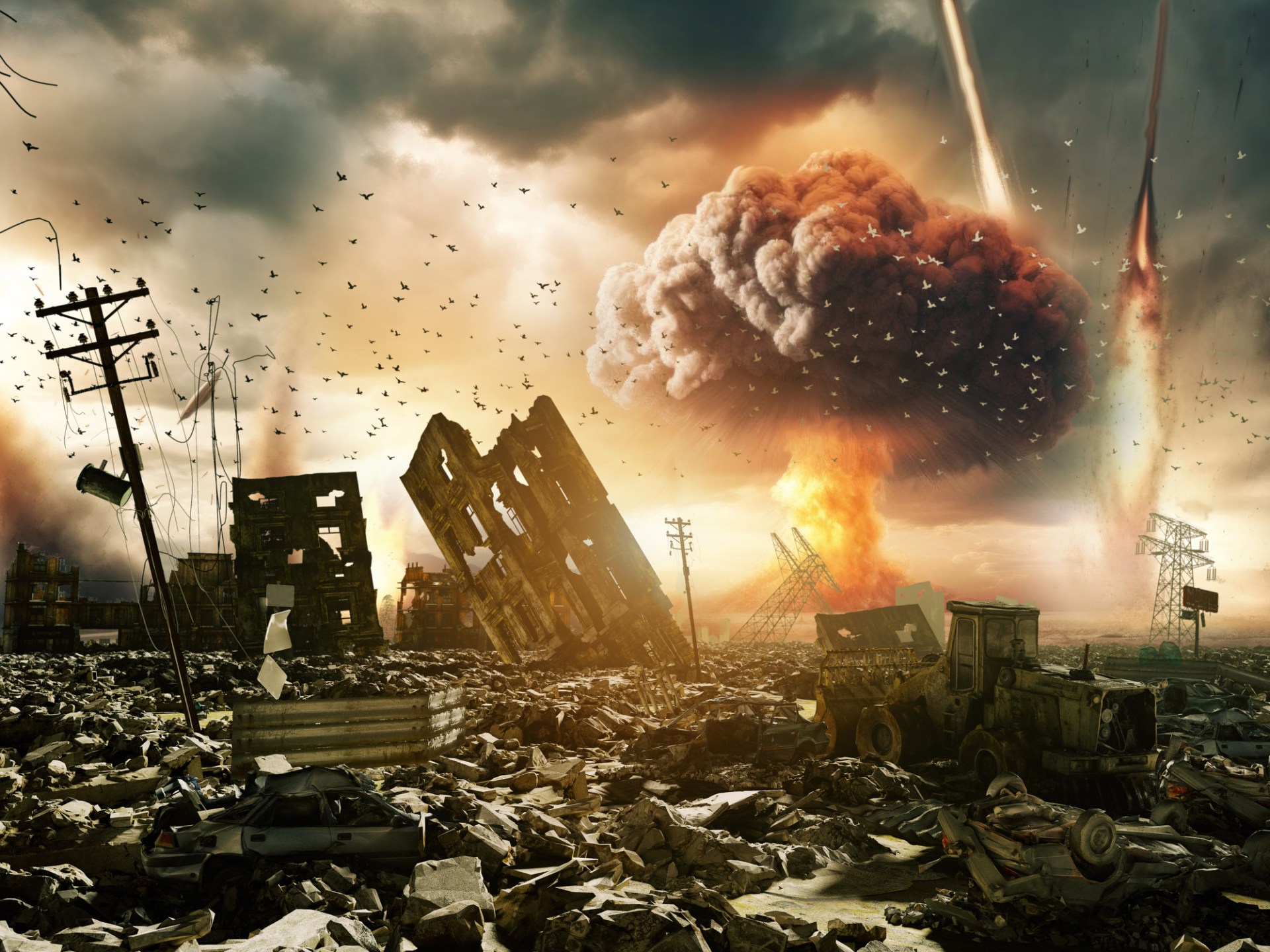Japan’s Surrender in World War II: A Comprehensive Revisit
A Historical Watershed Moment with Enduring Significance
Every August 15th marks the anniversary of Japan’s surrender in World War II, a declaration that signaled the end of the deadliest and most destructive war in human history. 79 years have passed since that fateful day, yet the significance of this anniversary continues to resonate profoundly.
Recent decades have witnessed a gradual lifting of the veil that long obscured the true nature of events during that turbulent era. Major research institutions have delved into previously classified archives, reframing the atomic bombings of Hiroshima and Nagasaki and revealing a more complex narrative of Japan’s surrender that encompasses both the American role and the Soviet invasion.
The Emperor’s Tearful Address: A Nation’s Surrender
The moment of Japan’s surrender was etched into history by Emperor Hirohito’s unprecedented radio address on August 15, 1945. In a voice uncharacteristically somber for a figure traditionally perceived as divine, he declared: “It is my heartfelt desire to secure the welfare of the Japanese people and the permanence of the Imperial Throne.” Japan’s unconditional surrender to the Allied forces was thus proclaimed.
This address sent shockwaves through Japan, triggering a wave of suicides among those who believed that surrender was an intolerable violation of the nation’s honor. It also marked a turning point in the history of the Imperial Throne, which had traditionally been revered as sacred and inviolable.
In the aftermath of the war, Japan embarked on a remarkable journey of recovery and reconstruction. The nation embraced pacifism and focused on economic development, becoming a global economic powerhouse in the process. The Imperial Throne, while retaining its symbolic status, underwent a profound transformation, with Emperor Hirohito renouncing his divinity in 1947.
Rethinking Surrender: New Perspectives and Historical Context
In recent years, scholars have challenged the prevailing narrative surrounding Japan’s surrender. Researchers like Ward Wilson and Tsuyoshi Hasegawa have argued that the atomic bombings, while undeniably horrific, may not have been the decisive factor in Japan’s decision to surrender.
These scholars point to the Soviet invasion of Manchuria on August 8, 1945, as a more significant catalyst for Japan’s capitulation. They argue that the invasion convinced Japanese leaders that a negotiated peace with the Americans was no longer possible, and that the Soviet Union posed a far graver threat than the United States.
These new perspectives have sparked debates and prompted a reassessment of the events leading up to Japan’s surrender. They underscore the complexity of historical events and the importance of challenging established narratives in pursuit of a more comprehensive understanding.
Echoes of History: Resurgent Nationalism and Regional Tensions
The anniversary of Japan’s surrender remains a sensitive topic, with the potential to stir nationalist sentiments. The country’s efforts to revise its pacifist constitution and expand its military capabilities have raised concerns among neighboring nations, particularly China and South Korea.
These concerns stem from Japan’s history of aggression in the Asia-Pacific region during the first half of the 20th century. Japan’s wartime actions, including the occupation of Korea and the Nanjing Massacre, continue to cast a long shadow over the nation’s relationships with its neighbors.
Conclusion: A Legacy of War and the Pursuit of Peace
The 79th anniversary of Japan’s surrender in World War II serves as a reminder of the horrors of war and the importance of striving for peace. The complex and evolving narrative surrounding Japan’s surrender provides valuable lessons for understanding the nature of historical events and the legacies they leave behind.
As Japan continues to grapple with its past and navigate the challenges of the present, it is essential to engage in open and honest dialogue about the lessons learned from World War II. Only through this process can we hope to prevent the mistakes of the past from being repeated and build a more peaceful and just future.
